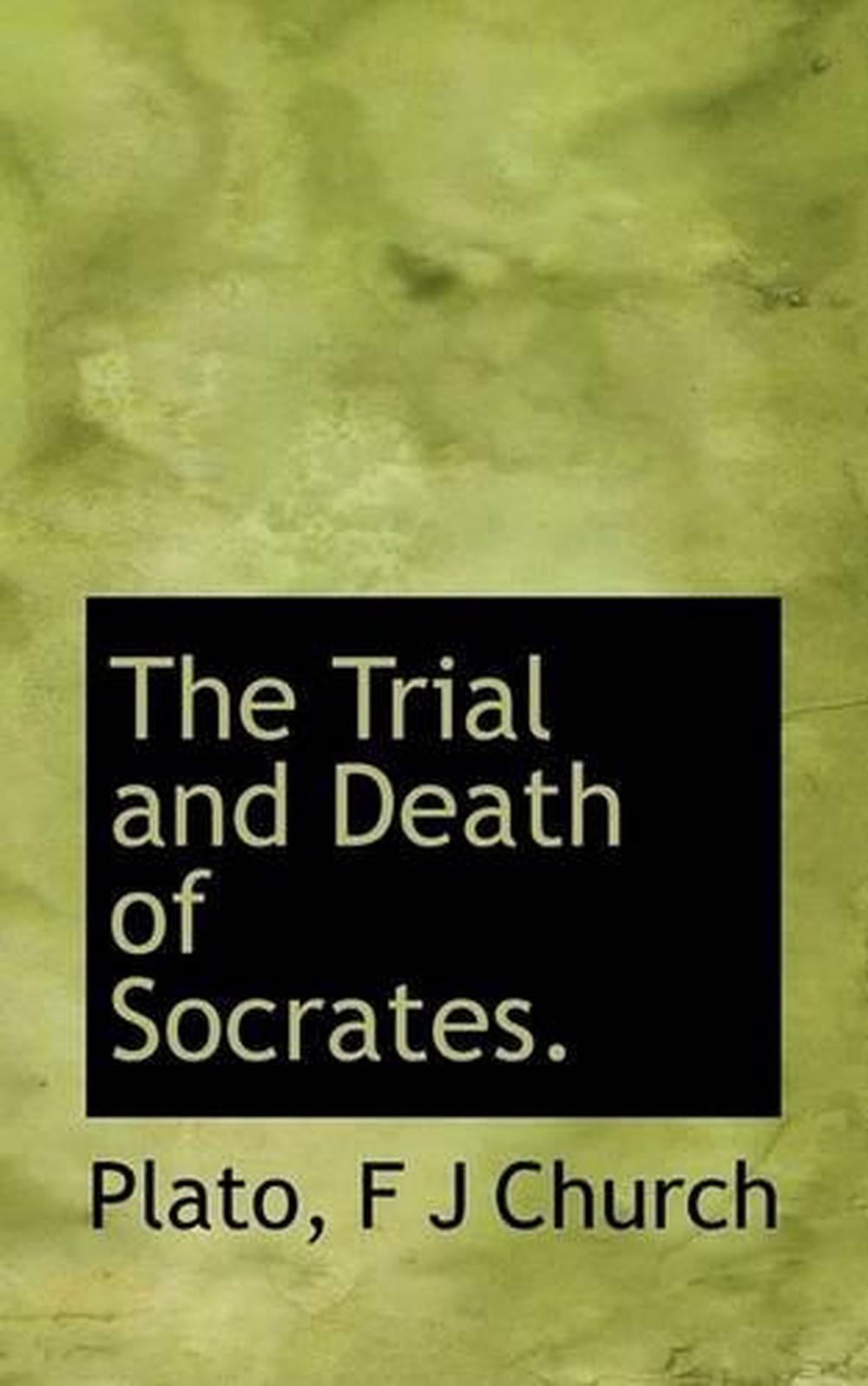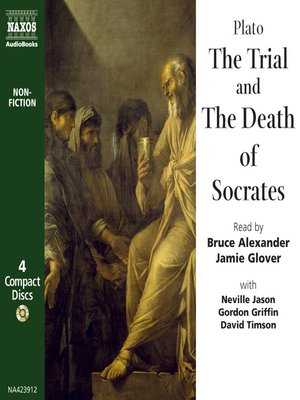

Such representations of inter-generational social conflict among the men of Athens, especially in the decade from 425 to 415 BC, can reflect contrasting positions regarding opposition to or support for the Athenian invasion of Sicily. As philosophers, the Sophists were men of ambiguous reputation, "they were a set of charlatans that appeared in Greece in the fifth century BC, and earned ample livelihood by imposing on public credulity: professing to teach virtue, they really taught the art of fallacious discourse, and meanwhile propagated immoral practical doctrines." īesides The Clouds, the comic play The Wasps (422 BC) also depicts inter-generational conflict, between an older man and a young man. Despite Socrates denying he had any relation with the Sophists, the playwright indicates that Athenians associated the philosophic teachings of Socrates with Sophism. In the comic play, The Clouds (423 BC), Aristophanes represents Socrates as a sophistic philosopher who teaches the young man Pheidippides how to formulate arguments that justify striking and beating his father. " The unexamined life is not worth living"īefore the philosopher Socrates was tried for moral corruption and impiety, the citizens of Athens knew him as an intellectual and moral gadfly of their society.Stone, and Why Socrates Died: Dispelling the Myths (2009) by the Classics scholar Robin Waterfield. Primary-source accounts of the trial and execution of Socrates are the Apology of Socrates by Plato and the Apology of Socrates to the Jury by Xenophon of Athens, who had also been his student modern interpretations include The Trial of Socrates (1988) by the journalist I.


At trial, the majority of the dikasts (male-citizen jurors chosen by lot) voted to convict him of the two charges then, consistent with common legal practice voted to determine his punishment and agreed to a sentence of death to be executed by Socrates's drinking a poisonous beverage of hemlock.

The death sentence of Socrates was the legal consequence of asking politico-philosophic questions of his students, which resulted in the two accusations of moral corruption and impiety. The Trial of Socrates (399 BC) was held to determine the philosopher's guilt of two charges: asebeia ( impiety) against the pantheon of Athens, and corruption of the youth of the city-state the accusers cited two impious acts by Socrates: "failing to acknowledge the gods that the city acknowledges" and "introducing new deities". Failing to acknowledge the gods that the city acknowledgesĢ80 jurors found the defendant guilty while 220 found him innocent.399 B.C.E legal proceedings by the pantheon of Athens against SocratesĪnytus, Meletus, Lycon, et al.


 0 kommentar(er)
0 kommentar(er)
